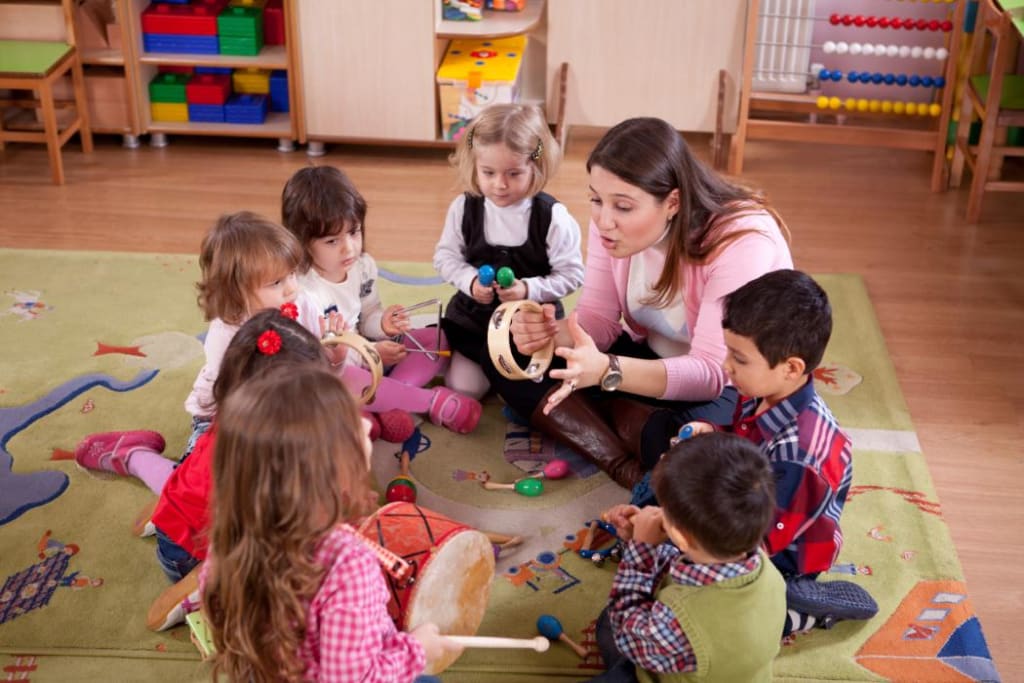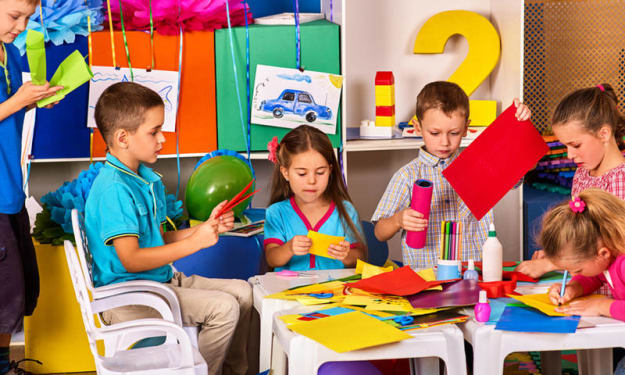3 Aspects Early Childhood Education Should Consider
Every day sees dozens or even hundreds of millions of parents dropping off their young kids at preschool or childcare.

They have chosen those institutions because they are conveniently located, employ great professionals, don’t cost too much or for any other logical reason. Also, most parents hope that their kid will receive the best possible education, apart from simply being looked after while their parents are at work. But how realistic are those expectations?
In order to provide the correct answer to that question, we would first have to define what constitutes good early childhood education. Many experts have been working on identifying the key aspects and, while there is still no general consensus on all elements, some have been established as being key to kids’ future development. So, let’s take a closer look at them.
Interpersonal interactions
Each teacher is responsible for creating a learning environment that fosters kids’ development and learning. This is particularly important when we talk about early childhood programmes, since the experiences that a child has at that early stage of their life will have a great impact on their development. Teachers in charge of groups of very young children have a very delicate and complex task of establishing interactions in such an environment, where interaction is adapted to the needs of children. From the earliest age, children need to be exposed to using responsive language and engagement in classroom activities, which both aim at fostering independence, while at the same time teaching children to work in cooperation with others. Again, such an environment should be language-rich, so that children can maximize their linguistic potential. Similarly, teachers are supposed to work on preventing and redirecting challenging behaviour and respond to the needs of children with empathy and respect. It is through such feedback that children receive that they learn the pattern of future interactions during the course of their education. Last but not least, in encouraging such attitudes and behaviour, teachers prepare their students to feel positive about school and eager to learn.
Physical environment
It was established long ago that play has a crucial role in early childhood development. Children crave a setting where they can safely play and explore. Safety is the key issue, especially when it comes to very young children, who are prone to accidents caused by their innate curiosity and inability to estimate what they can and can’t do sometimes. For example, infants attending a popular playgroup in Hong Kong need to interact with their environment in a very physical way, while at the same time examining cause and effect relationships by touching and feeling objects. Toddlers and preschoolers, on the other hand, are supposed to engage in socio-dramatic play, where toys ignite their imagination and encourage them to solve problems. Needless to say, children need regular access to outdoor spaces, where they can interact with the natural world. Not only is it healthier for them, but it also helps prevent obesity and boosts immune systems. Playing outdoors stimulates the imagination and lowers stress levels, as well as helping children develop greater respect for themselves and others.
Program support structure
It is vital to have a truly functioning environment as part of a top-quality early childhood education programme. This administrative operational support is reflected in several aspects. To begin with, each programme needs an effective and motivated leader who does a great job when it comes to providing support to teachers, while at the same time managing the business successfully. Depending on the size of the institutions, it may take more than one person to complete all the relevant tasks.
Next, each programme has to envisage continuous professional development and allow teachers to constantly hone their skills and keep abreast with recent changes in the field of early childhood education. Finally, stable funding and improvement resources also need to be ensured. Without them, regardless of how great the idea and implementation are, the institution cannot survive, especially in the long run.
While many parents simply don’t have many options, if any, when choosing the daycare or preschool for their kids, those who are fortunate enough to have the opportunity to select the best institution should definitely look into the matter more closely. While it may not always be possible to check if all three elements exist, you should at least inquire about them. Don’t forget that you are actually inspecting a system that can only function properly if all the elements are present. No matter how great the resources are, if the teachers using them are unable to use them efficiently, there is no great education. Similarly, if the teachers don’t receive the support they need, they won’t be motivated and your child will be deprived of educational benefits. It’s a tightly knit system that only works if all its parts are fully functional.






Comments
There are no comments for this story
Be the first to respond and start the conversation.